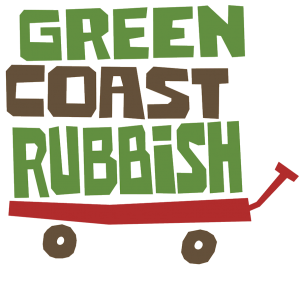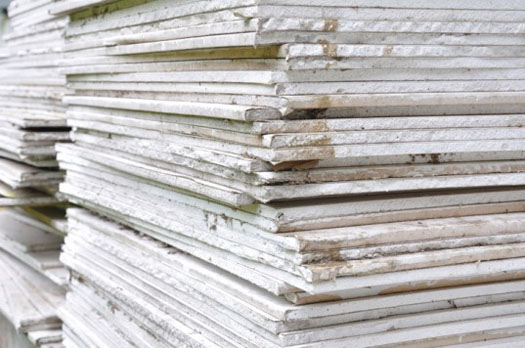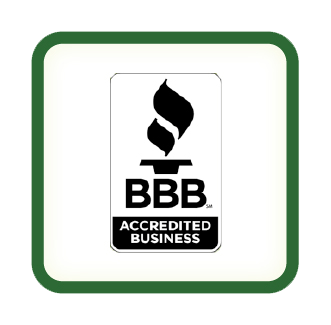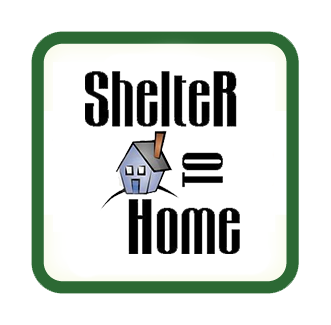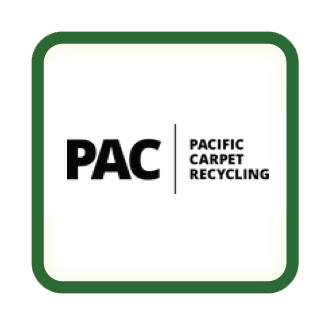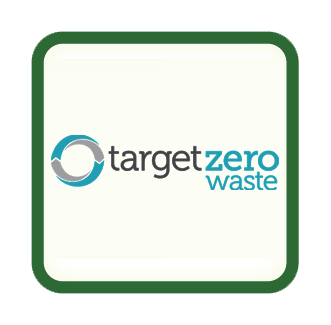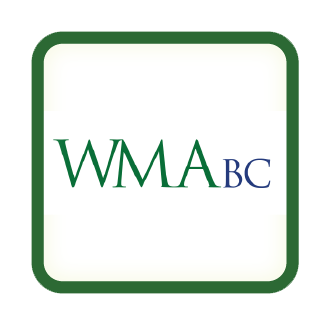Drywall Recycling
Drywall (also known as gypsum, gyprock or sheetrock) is a highly recyclable and widely used construction material that is originally derived from the common mineral gypsum. A unique characteristic of drywall is that it can be essentially recycled forever with no degradation to the material. Old and discarded drywall can be ground up, turned into a paste and repressed into new panels.
Originally developed in the early 1900’s, it became popular as a lightweight and more convenient alternative to traditional materials of lath and plaster, which were typically used at the time.
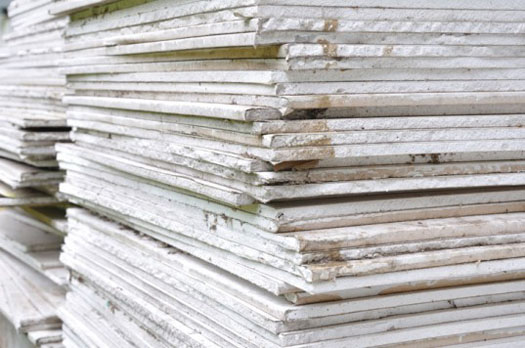
Today drywall can be found throughout the world, and it is typically used when constructing interior walls and ceilings. Though drywall is 100% recyclable, if it’s not disposed of properly, it can have damaging effects on the environment — including being harmful marine life if is dumped into our waterways, or allowed to come in contact with storm drains. It also has the potential to clog pipes or block water flow in those areas, so disposing drywall in environmentally conscious ways is important.
During 2013, Green Coast Rubbish assisted our clients in the Lower Mainland recycle over 53 tonnes of drywall — which is an increase of nearly 60% over 2012. We’ve helped haul drywall and construction waste from residential, commercial, construction and demolition properties throughout the Greater Vancouver area.
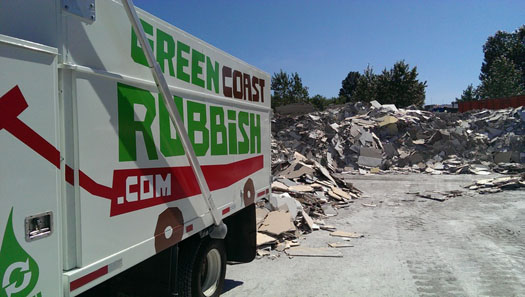
After removing the drywall, we work with New West Gypsum Recycling Ltd., who are the world leaders in the safe recycling of these materials. Since the inception of their company in 1985, their facilities have processed more than 4.5 million tonnes of gypsum! Their process involves separating the various components of the sheets, and then grinding the filtered plaster, which is eventually reincorporated into the manufacturing of new drywall panels.
We believe that small steps add up to big improvements. We’re always looking for new ways to keep recyclable materials out of our landfills, and working in conjunction with other like-minded businesses who have similar environmental mandates.
